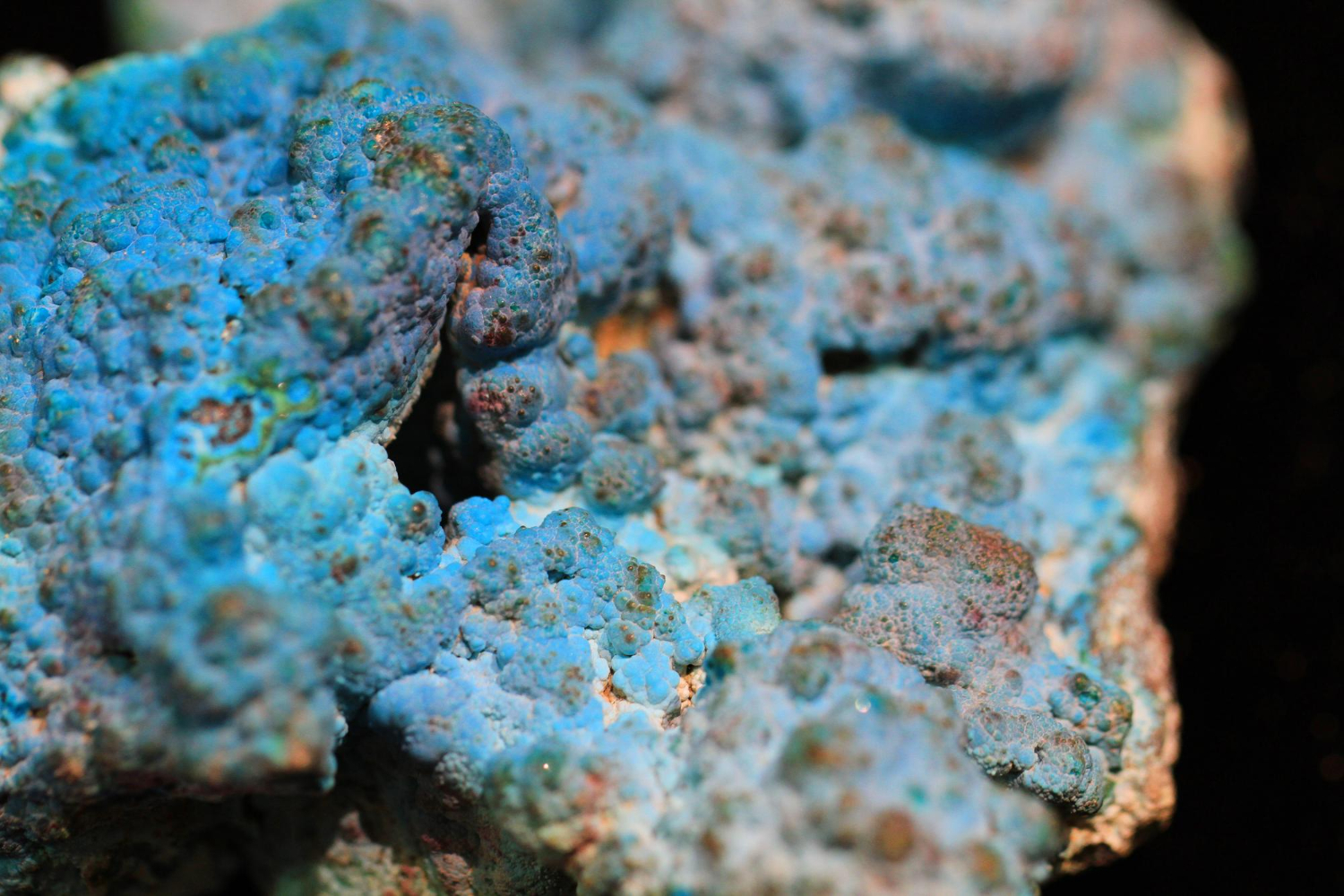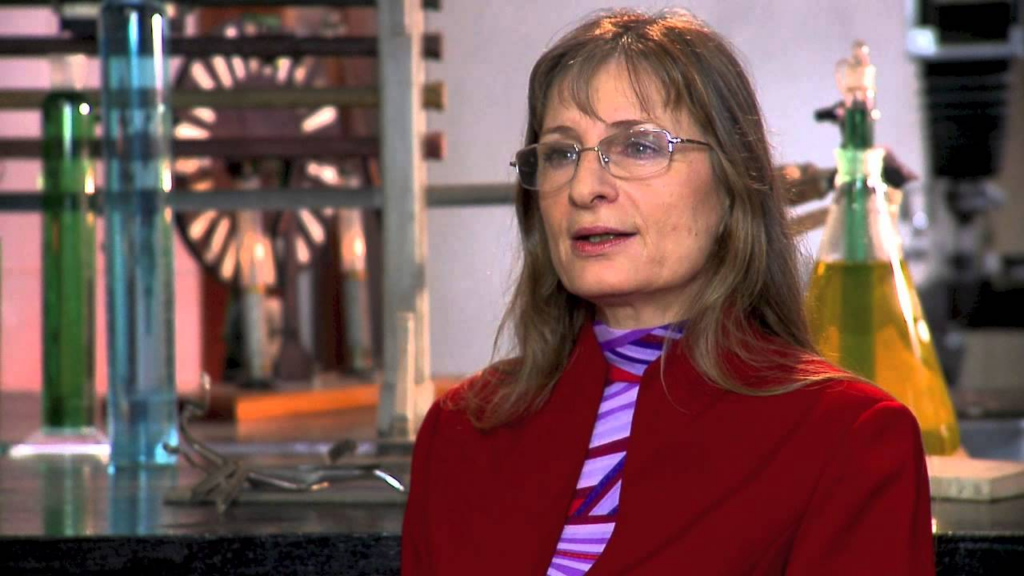Martín Fanzone is an Argentine researcher who obtained his degree in Food Science, also known as Bromatology, at the National University of Cuyo, located in the province of Mendoza, Argentina.
Regarding his professional field, Fanzone is strongly connected with the National Institute of Agricultural Technology (INTA) and the Juan Agustín Maza University.
In both institutions, the Argentine researcher conducts studies focused on enology, involving various sciences such as environmental and soil sciences. Additionally, Fanzone has authored several scientific publications, especially on topics related to analytical chemistry, food science, food chemistry, antioxidants, among others.
The Argentine researcher has also participated in various scientific events, some of which were held at the Juan Agustín Maza University, covering topics related to viticulture and viticultural by-products.
Fanzone and his connection to science
After his studies at the National University of Cuyo, Fanzone completed both a master’s degree and a PhD in viticulture and enology at the Universitat Rovira i Virgili, located in Tarragona, Spain.
Fanzone’s academic training allows him to possess knowledge about food products and the development of new foods.
Furthermore, both viticulture and enology are focused on grapevine cultivation, the use of grapes for different types of production, and the various processes associated with it — including the stages involved in winemaking.
In terms of his professional development, Fanzone is part of Argentina’s National Institute of Agricultural Technology. This institution aims to develop various sectors at the national level, including agriculture, agroindustry, and agrifood.
Within INTA, Fanzone is part of the Laboratory of Aromas and Natural Substances, where he works as a researcher in Chemistry and Enological Technology.
Fanzone and the Juan Agustín Maza University
In addition to his participation in INTA, Fanzone is also a researcher and part of the teaching staff at several universities in Argentina, such as the National Technological University and the Juan Agustín Maza University, both located in the province of Mendoza.
At the former, Fanzone teaches in the Degree in Enology program. At the latter, he is both a researcher and a professor at the Faculty of Enology and Agroindustries.
At the Juan Agustín Maza University, the Argentine researcher is a member of the Geotechnology Institute (GEO).
This institute aims to develop knowledge and methodologies related to various sciences, including environmental sciences and geomatics, to study the Earth system.
Additionally, Fanzone has taken part in several scientific projects carried out within the university. He has served as director of a project related to red wine aging and the development of technological strategies.
He has also participated in projects related to viticultural by-products and their respective compounds.
Among other contributions, Fanzone has spoken on sensory quality and wine, the use of organic waste and its relation to wine aging, and the characteristics of different types of wine.
Bromatology
Bromatology, also known as food science, focuses on the study of food. This discipline’s main goal is to understand the composition of food, especially in relation to its later consumption.
Among all aspects related to food, this science addresses quality, chemical composition, and the development of tools and technologies for its preservation, packaging, and consumption.
In Argentina, Bromatology is closely connected to viticulture — that is, the production of grapes and winemaking.
Through his research, Fanzone aims to connect both fields by focusing his studies on antioxidant activity, agronomy, organic chemistry, food chemistry, and related areas.
Across the many processes involved in the production and elaboration of wine, different professionals play roles in each stage of the industry.
Among Argentine researchers who focus their studies on food sciences and their connection with other disciplines, Fanzone stands out as a notable scientist in the field.
The researcher has made various contributions regarding Argentine viticulture and its relationship with climate change, native grape varieties in the country, berry characteristics, and wine chemical composition.
Throughout his professional career, in addition to his role as a professor, Fanzone has remained involved with Bromatology, particularly in relation to the grapevine and the diverse characteristics of wine and harvests.




